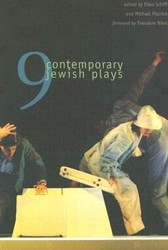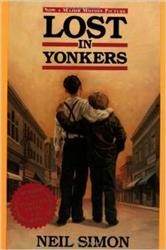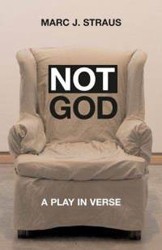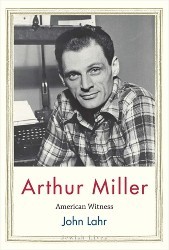What was the least interesting seder you ever attended? And what was the most interesting?
If your experience is like most of ours, your worst seders were dry readings of the haggadah, unoriginal and done by rote. The better seders, on the other hand, were imaginative and thought-provoking. The best may even have included a clever surprise.
An incredible 95% of American Jews participate in a Passover seder every year; it’s the best-attended Jewish ritual. Yet most participants find the seder dull, repetitive, and incomprehensible. They attend out of a sense of duty, but they don’t enjoy it.
Passover Parodies is a series of ten-minute plays for the Passover seder table. Families select one each year (or more, if they’re ambitious) to read aloud. Like the traditional humorous Purim-shpiel, the plays entertain, educate, and provoke the discussion that is supposed to dominate a seder.
A family might choose to examine Jewish tradition through the eyes of Sherlock Holmes (“This cracker was produced by someone in a most urgent rush. Furthermore, it has been broken along one side. A segment has been removed. Why? That is what we must endeavor to find out.”) … or experience the exodus from Casablanca (“I remember every detail: the Egyptians wore skirts, you wore a tallis. But mostly I remember the wow finish. A guy in a basket, floating in the bulrushes, with a comical look on his face because he has a diaper that needs changing.”) … or starring four young Marx Brothers (“Pharoah, you have to let my people go. If you don’t, my ancestors would rise from their graves and I’d only have to bury them again.”).
They might let Hermione Granger explain the magic of the ten plagues, or challenge traditional God-belief on Sigmund Freud’s couch.
Some of these plays can replace parts of the seder; for example, the Shakespeare play (“Much Ado About Bupkes”) tells the Exodus story. Others can complement the rituals, or provide new viewpoints, or simply add humor to what can be a dry ceremony. Readers can choose the themes they like, perhaps reading a different skit each year. The plays also vary in cast size, to accommodate both large and small seders.





